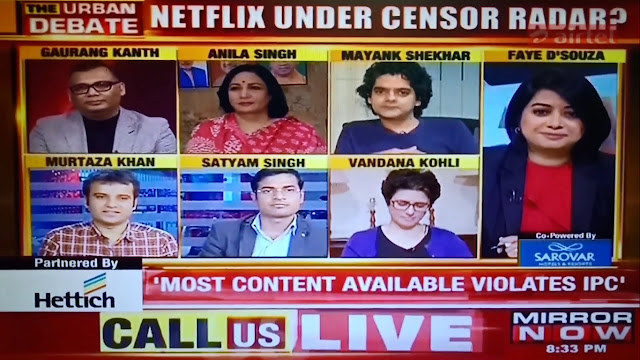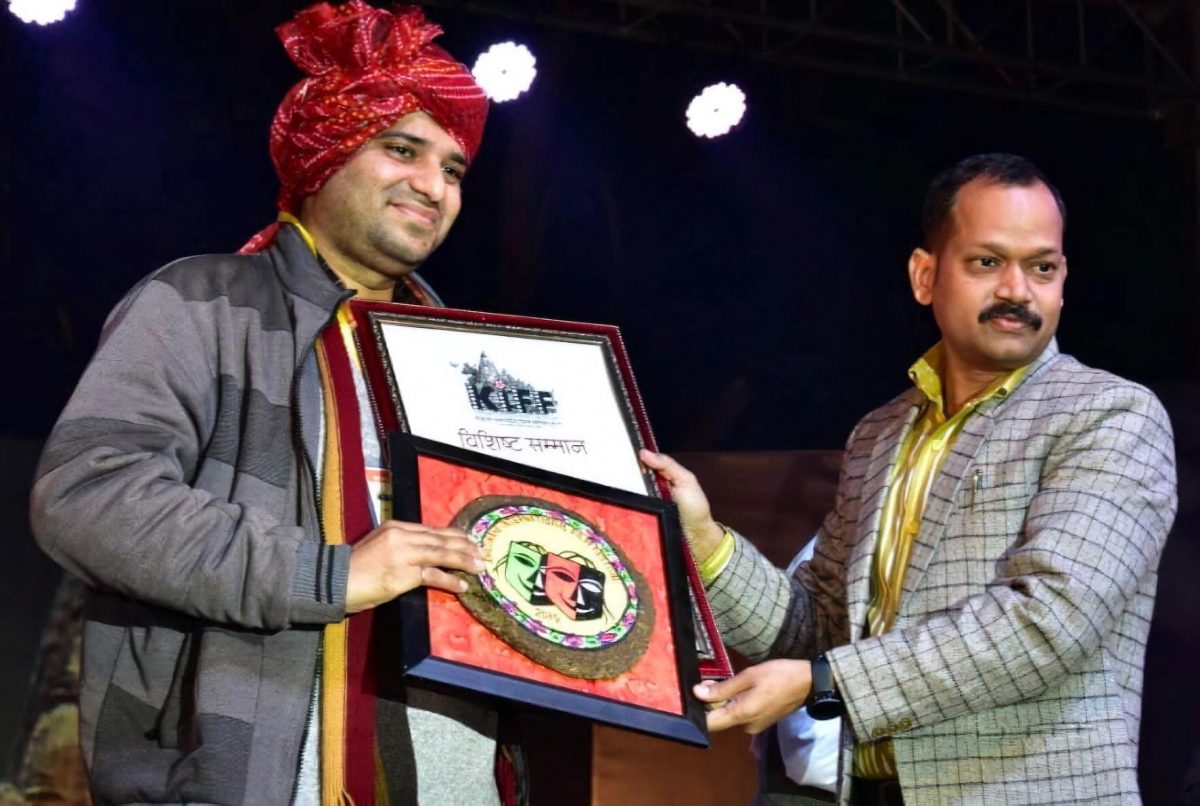‘Light without Camera’ is just like ‘Action without focus & passion’. Cinema is his greatest passion. He sees cinema not just as a reflection of society but as the great means of communication ever devised, for the message propagated though cinema reaches everywhere and to everyone. He strongly feels that cinema at its most humanistic is more than capable of addressing our society’s day to day issues. Murtaza Ali Khan is a film critic, journalist, and Radio/TV panelist based out of New Delhi, India.
Khan runs the award-winning entertainment blog ‘A Potpourri of Vestiges’. He has been writing on cinema for over 10 years. He is the Films Editor for Cafe Dissensus based out of New York City and India. He also contributes to publications like The Hindu, The Sunday Guardian, News-laundry, The Patriot, The Quint, National Herald, and The Huffington Post. As a mass communication professional and trained filmmaker, he regularly conducts workshops on film journalism, digital film-making, and screenwriting.

On being asked, ‘What inspired him to work for social issues? he adds, “right from a very young age I has been spreading awareness about the importance of education and social evils like child labor and female feticide through writings for school magazines and educational journals.” He is deeply inspired by Indian philosophy, in particular teachings of Buddha, Vivekanda, Tagore, and Gandhi. While participating in discussions on television and radio, Murtaza Ali Khan has been quite vocal about issues such as gender equality, woman empowerment, and social inclusion. Also, his writings on cinema offer a humanistic view of the society at large.

On being asked about the global issues that he thinks can be handled through active socialism & film-making , he replied, “the biggest social responsibility has to do with spreading awareness about the dangers of climate change. He feels that this has to be an individual driven task if one needs immediate results, for the governments all around the world can only do so much without the active involvement of the citizens. Similarly there is a need to overhaul the education systems and in order to achieve it individuals from different walks of life must come forward. He feels that another important social responsibility in a country like India has to do with guarding the rights of the girl child. Another major area of concern according to him is e-waste management. Active socialism and film-making can play a pivotal role in ensuring that the necessary awareness spreads to every nook and corner of the living world.

Khan also shared his thoughts about how he sees social responsibilities of individuals in the coming years. He said, “It will greatly shape up in the coming years especially in the fields like education, e-waste management, energy, healthcare, etc. Also, the individuals will have to play a pivotal role in spreading greater awareness about climate change, pollution, and lifestyle disorders.

On being asked ‘What would he like to communicate to youth & rising artist to unlock their potential’? he adds, “The future rests on the shoulders of the youth. I believes that a country like India is at a distinct advantage owing to the demographic dividend. The young population holds the key for India in the future. The youngsters think differently an act differently and they have a different temperament altogether. The elders must try and understand this to begin with. I feels that it’s important to show faith in the youth, for they must decide what they want for themselves. While onus is on the present generation to provide the necessary guidance it is ultimately for the youth to make the necessary choices”.
Khan feels that in the near future mankind must embrace the alternative forms of energy. The fossil fuels are not only expensive but they also cause a lot of pollution and health hazards. There is also a greater need to cut the spending on defense as future threats are not fellow human beings but disease causing viruses and various kinds of pathogens. The budgets on scientific research in various fields need to significantly go up. Also, higher education needs to be a priority.


